by Sam Knight

She is venerated around the world. She has outlasted 12 US presidents. She stands for stability and order. But her kingdom is in turmoil, and her subjects are in denial that her reign will ever end. That’s why the palace has a plan.In the plans that exist for the death of the Queen – and there are many versions, held by Buckingham Palace, the government and the BBC – most envisage that she will die after a short illness. Her family and doctors will be there. When the Queen Mother passed away on the afternoon of Easter Saturday, in 2002, at the Royal Lodge in Windsor, she had time to telephone friends to say goodbye, and to give away some of her horses. In these last hours, the Queen’s senior doctor, a gastroenterologist named Professor Huw Thomas, will be in charge. He will look after his patient, control access to her room and consider what information should be made public. The bond between sovereign and subjects is a strange and mostly unknowable thing. A nation’s life becomes a person’s, and then the string must break.
There will be bulletins from the palace – not many, but enough. “The Queen is suffering from great physical prostration, accompanied by symptoms which cause much anxiety,” announced Sir James Reid, Queen Victoria’s physician, two days before her death in 1901. “The King’s life is moving peacefully towards its close,” was the final notice issued by George V’s doctor, Lord Dawson, at 9.30pm on the night of 20 January 1936. Not long afterwards, Dawson injected the king with 750mg of morphine and a gram of cocaine – enough to kill him twice over – in order to ease the monarch’s suffering, and to have him expire in time for the printing presses of the Times, which rolled at midnight.
Her eyes will be closed and Charles will be king. His siblings will kiss his hands. The first official to deal with the news will be Sir Christopher Geidt, the Queen’s private secretary, a former diplomat who was given a second knighthood in 2014, in part for planning her succession.
Geidt will contact the prime minister. The last time a British monarch died, 65 years ago, the demise of George VI was conveyed in a code word, “Hyde Park Corner”, to Buckingham Palace, to prevent switchboard operators from finding out. For Elizabeth II, the plan for what happens next is known as “London Bridge.” The prime minister will be woken, if she is not already awake, and civil servants will say “London Bridge is down” on secure lines. From the Foreign Office’s Global Response Centre, at an undisclosed location in the capital, the news will go out to the 15 governments outside the UK where the Queen is also the head of state, and the 36 other nations of the Commonwealth for whom she has served as a symbolic figurehead – a face familiar in dreams and the untidy drawings of a billion schoolchildren – since the dawn of the atomic age.
For a time, she will be gone without our knowing it. The information will travel like the compressional wave ahead of an earthquake, detectable only by special equipment. Governors general, ambassadors and prime ministers will learn first. Cupboards will be opened in search of black armbands, three-and-a-quarter inches wide, to be worn on the left arm.
The rest of us will find out more quickly than before. On 6 February 1952, George VI was found by his valet at Sandringham at 7.30am. The BBC did not broadcast the news until 11.15am, almost four hours later. When Princess Diana died at 4am local time at the Pitié-Salpêtrière hospital in Paris on 31 August 1997, journalists accompanying the former foreign secretary, Robin Cook, on a visit to the Philippines knew within 15 minutes. For many years the BBC was told about royal deaths first, but its monopoly on broadcasting to the empire has gone now. When the Queen dies, the announcement will go out as a newsflash to the Press Association and the rest of the world’s media simultaneously. At the same instant, a footman in mourning clothes will emerge from a door at Buckingham Palace, cross the dull pink gravel and pin a black-edged notice to the gates. While he does this, the palace website will be transformed into a sombre, single page, showing the same text on a dark background.
Screens will glow. There will be tweets. At the BBC, the “radio alert transmission system” (Rats), will be activated – a cold war-era alarm designed to withstand an attack on the nation’s infrastructure. Rats, which is also sometimes referred to as “royal about to snuff it”, is a near mythical part of the intricate architecture of ritual and rehearsals for the death of major royal personalities that the BBC has maintained since the 1930s. Most staff have only ever seen it work in tests; many have never seen it work at all. “Whenever there is a strange noise in the newsroom, someone always asks, ‘Is that the Rats?’ Because we don’t know what it sounds like,” one regional reporter told me.
All news organisations will scramble to get films on air and obituaries online. At the Guardian, the deputy editor has a list of prepared stories pinned to his wall. The Times is said to have 11 days of coverage ready to go. At Sky News and ITN, which for years rehearsed the death of the Queen substituting the name “Mrs Robinson”, calls will go out to royal experts who have already signed contracts to speak exclusively on those channels. “I am going to be sitting outside the doors of the Abbey on a hugely enlarged trestle table commentating to 300 million Americans about this,” one told me.
For people stuck in traffic, or with Heart FM on in the background, there will only be the subtlest of indications, at first, that something is going on. Britain’s commercial radio stations have a network of blue “obit lights”, which is tested once a week and supposed to light up in the event of a national catastrophe. When the news breaks, these lights will start flashing, to alert DJs to switch to the news in the next few minutes and to play inoffensive music in the meantime. Every station, down to hospital radio, has prepared music lists made up of “Mood 2” (sad) or “Mood 1” (saddest) songs to reach for in times of sudden mourning. “If you ever hear Haunted Dancehall (Nursery Remix) by Sabres of Paradise on daytime Radio 1, turn the TV on,” wrote Chris Price, a BBC radio producer, for the Huffington Post in 2011. “Something terrible has just happened.”
Having plans in place for the death of leading royals is a practice that makes some journalists uncomfortable. “There is one story which is deemed to be so much more important than others,” one former Today programme producer complained to me. For 30 years, BBC news teams were hauled to work on quiet Sunday mornings to perform mock storylines about the Queen Mother choking on a fishbone. There was once a scenario about Princess Diana dying in a car crash on the M4.
These well-laid plans have not always helped. In 2002, when the Queen Mother died, the obit lights didn’t come on because someone failed to push the button down properly. On the BBC, Peter Sissons, the veteran anchor, was criticised for wearing a maroon tie. Sissons was the victim of a BBC policy change, issued after the September 11 attacks, to moderate its coverage and reduce the number of “category one” royals eligible for the full obituary procedure. The last words in Sissons’s ear before going on air were: “Don’t go overboard. She’s a very old woman who had to go some time.”
But there will be no extemporising with the Queen. The newsreaders will wear black suits and black ties. Category one was made for her. Programmes will stop. Networks will merge. BBC 1, 2 and 4 will be interrupted and revert silently to their respective idents – an exercise class in a village hall, a swan waiting on a pond – before coming together for the news. Listeners to Radio 4 and Radio 5 live will hear a specific formulation of words, “This is the BBC from London,” which, intentionally or not, will summon a spirit of national emergency.
The main reason for rehearsals is to have words that are roughly approximate to the moment. “It is with the greatest sorrow that we make the following announcement,” said John Snagge, the BBC presenter who informed the world of the death of George VI. (The news was repeated seven times, every 15 minutes, and then the BBC went silent for five hours). According to one former head of BBC news, a very similar set of words will be used for the Queen. The rehearsals for her are different to the other members of the family, he explained. People become upset, and contemplate the unthinkable oddness of her absence. “She is the only monarch that most of us have ever known,” he said. The royal standard will appear on the screen. The national anthem will play. You will remember where you were.
When people think of a contemporary royal death in Britain, they think, inescapably, of Diana. The passing of the Queen will be monumental by comparison. It may not be as nakedly emotional, but its reach will be wider, and its implications more dramatic. “It will be quite fundamental,” as one former courtier told me.
Part of the effect will come from the overwhelming weight of things happening. The routine for modern royal funerals is more or less familiar (Diana’s was based on “Tay Bridge”, the plan for the Queen Mother’s). But the death of a British monarch, and the accession of a new head of state, is a ritual that is passing out of living memory: three of the Queen’s last four prime ministers were born after she came to the throne. When she dies, both houses of parliament will be recalled, people will go home from work early, and aircraft pilots will announce the news to their passengers. In the nine days that follow (in London Bridge planning documents, these are known as “D-day”, “D+1” and so on) there will be ritual proclamations, a four-nation tour by the new king, bowdlerised television programming, and a diplomatic assembling in London not seen since the death of Winston Churchill in 1965.
More overwhelming than any of this, though, there will be an almighty psychological reckoning for the kingdom that she leaves behind. The Queen is Britain’s last living link with our former greatness – the nation’s id, its problematic self-regard – which is still defined by our victory in the second world war. One leading historian, who like most people I interviewed for this article declined to be named, stressed that the farewell for this country’s longest-serving monarch will be magnificent. “Oh, she will get everything,” he said. “We were all told that the funeral of Churchill was the requiem for Britain as a great power. But actually it will really be over when she goes.”
Unlike the US presidency, say, monarchies allow huge passages of time – a century, in some cases – to become entwined with an individual. The second Elizabethan age is likely to be remembered as a reign of uninterrupted national decline, and even, if she lives long enough and Scotland departs the union, as one of disintegration. Life and politics at the end of her rule will be unrecognisable from their grandeur and innocence at its beginning. “We don’t blame her for it,” Philip Ziegler, the historian and royal biographer, told me. “We have declined with her, so to speak.”
The obituary films will remind us what a different country she inherited. One piece of footage will be played again and again: from her 21st birthday, in 1947, when Princess Elizabeth was on holiday with her parents in Cape Town. She was 6,000 miles from home and comfortably within the pale of the British Empire. The princess sits at a table with a microphone. The shadow of a tree plays on her shoulder. The camera adjusts three or four times as she talks, and on each occasion, she twitches momentarily, betraying tiny flashes of aristocratic irritation. “I declare before you all that my whole life, whether it be long or short, shall be devoted to your service, and the service of our great imperial family to which we all belong,” she says, enunciating vowels and a conception of the world that have both vanished.
It is not unusual for a country to succumb to a state of denial as a long chapter in its history is about to end. When it became public that Queen Victoria was dying, at the age of 82, a widow for half her life, “astonished grief … swept the country”, wrote her biographer, Lytton Strachey. In the minds of her subjects, the queen’s mortality had become unimaginable; and with her demise, everything was suddenly at risk, placed in the hands of an elderly and untrusted heir, Edward VII. “The wild waters are upon us now,” wrote the American Henry James, who had moved to London 30 years before.
The parallels with the unease that we will feel at the death of Elizabeth II are obvious, but without the consolation of Britain’s status in 1901 as the world’s most successful country. “We have to have narratives for royal events,” the historian told me. “In the Victorian reign, everything got better and better, and bigger and bigger. We certainly can’t tell that story today.”
The result is an enormous objection to even thinking about – let alone talking or writing about – what will happen when the Queen dies. We avoid the subject as we avoid it in our own families. It seems like good manners, but it is also fear. The reporting for this article involved dozens of interviews with broadcasters, government officials, and departed palace staff, several of whom have worked on London Bridge directly. Almost all insisted on complete secrecy. “This meeting never happened,” I was told after one conversation in a gentleman’s club on Pall Mall. Buckingham Palace, meanwhile, has a policy of not commenting on funeral arrangements for members of the royal family.
Political correctness: how the right invented a phantom enemy
Read more
And yet this taboo, like much to do with the monarchy, is not entirely rational, and masks a parallel reality. The next great rupture in Britain’s national life has, in fact, been planned to the minute. It involves matters of major public importance, will be paid for by us, and is definitely going to happen. According to the Office of National Statistics, a British woman who reaches the age of 91 – as the Queen will in April – has an average life expectancy of four years and three months. The Queen is approaching the end of her reign at a time of maximum disquiet about Britain’s place in the world, at a moment when internal political tensions are close to breaking her kingdom apart. Her death will also release its own destabilising forces: in the accession of Queen Camilla; in the optics of a new king who is already an old man; and in the future of the Commonwealth, an invention largely of her making. (The Queen’s title of “Head of the Commonwealth” is not hereditary.) Australia’s prime minister and leader of the opposition both want the country to become a republic.
Coping with the way these events fall is the next great challenge of the House of Windsor, the last European royal family to practise coronations and to persist – with the complicity of a willing public – in the magic of the whole enterprise. That is why the planning for the Queen’s death and its ceremonial aftermath is so extensive. Succession is part of the job. It is an opportunity for order to be affirmed. Queen Victoria had written down the contents of her coffin by 1875. The Queen Mother’s funeral was rehearsed for 22 years. Louis Mountbatten, the last Viceroy of India, prepared a winter and a summer menu for his funeral lunch. London Bridge is the Queen’s exit plan. “It’s history,” as one of her courtiers said. It will be 10 days of sorrow and spectacle in which, rather like the dazzling mirror of the monarchy itself, we will revel in who we were and avoid the question of what we have become.
READ THE REST HERE and scroll down

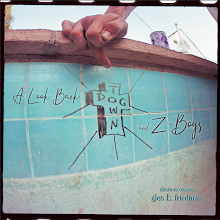







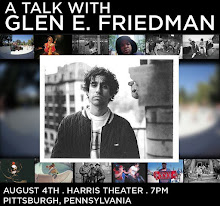
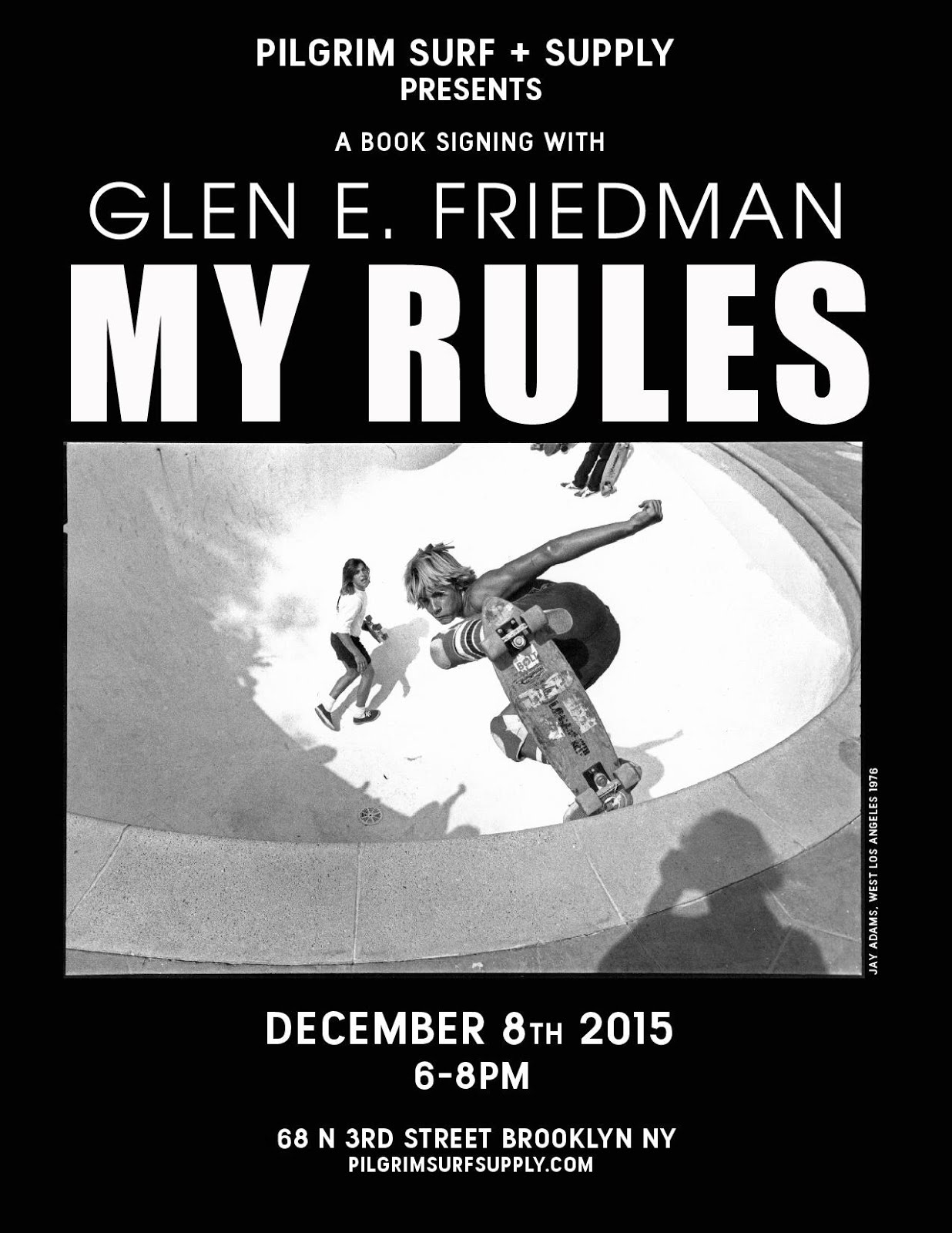

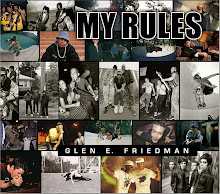

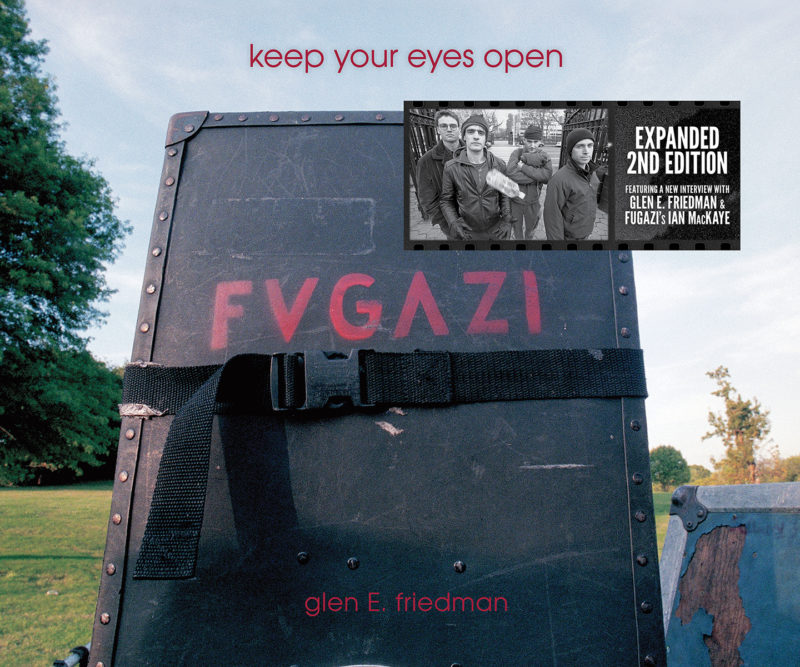


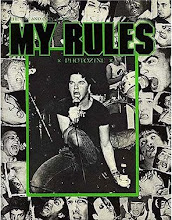





It will be 10 days of sorrow for whom? It will be a joyous day of celebration for those in the world who have woken up to the scam the House of Windsor is. Which is in reality the House of Saxe Coburg-Gother. When I first heard she may be dead I was ready to celebrate. She's part of the global matrix. Royalty, aristocracy and the other elites which are really predatory parasites need to all meet their ends. Given their actually numbers are few compared to people on Earth, they act no differntly to a swarm of locusts. They've been swarming for a long time.
ReplyDelete